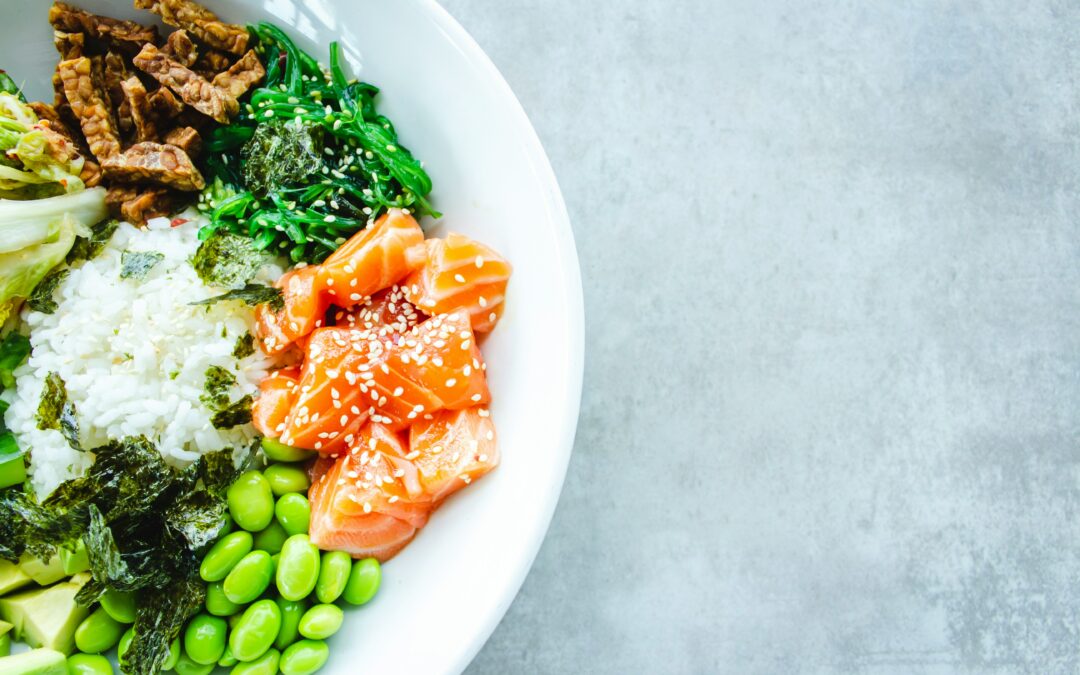Eczema management goes beyond topical treatments because diet can significantly influence the severity and frequency of flare-ups. Understanding which foods to eliminate and which to include in your diet is critical for maintaining skin health. Here’s a closer look at dietary choices that can help you manage eczema effectively.
Foods to Limit or Avoid
1. Dairy Products
Many individuals with eczema notice that dairy can aggravate their symptoms. Studies suggest that dairy may promote inflammation and allergic reactions, so it’s wise to monitor how your skin responds after consuming milk, cheese, and yogurt.
2. Gluten
For those who are sensitive or have celiac disease, gluten may be a trigger for eczema. Eliminating gluten-containing grains like wheat and barley could lead to symptom relief for some.
3. Nuts
Tree nuts and peanuts are common allergens that can provoke eczema flare-ups. If you suspect nuts may be affecting your skin, consider removing them from your diet and observing any changes.
4. Processed Foods
Foods high in sugar, preservatives, and artificial ingredients can increase inflammation and exacerbate eczema symptoms. Focusing on whole, minimally processed foods can be beneficial.
5. Nightshade Vegetables
Some people find that vegetables like tomatoes, potatoes, and peppers can trigger their eczema symptoms. If these foods seem to correlate with flare-ups, it might be helpful to eliminate them temporarily.
Foods to Choose and Eat
1. Omega-3 Fatty Acids
Incorporate foods rich in omega-3s, such as fatty fish (like salmon and mackerel), flaxseeds, and walnuts. These fats are known for their anti-inflammatory properties and can help soothe eczema.
2. Fruits and Vegetables
A diet abundant in colorful fruits and vegetables can provide antioxidants, vitamins, and hydration that are crucial for skin health. Aim for foods high in vitamin E and vitamin C to promote skin repair and reduce inflammation.
3. Probiotics
Foods such as yogurt, kefir, and fermented vegetables can enhance gut health and potentially improve skin conditions. Probiotics may play a role in reducing the severity of eczema symptoms.
4. Whole Grains
Opt for whole grains like brown rice, quinoa, and oats instead of refined grains. Whole grains are more nutritious and less likely to trigger inflammatory responses in the body.
5. Healthy Fats
Incorporate sources of healthy fats such as olive oil, avocados, and chia seeds. These fats can help maintain skin hydration and support the skin barrier, making them great additions to your diet.
Final Thoughts
Diet is a crucial component in the holistic management of eczema. By being mindful of your food choices, you can take proactive steps towards minimizing flare-ups and enhancing skin health. Keeping a food diary can help you track which foods positively or negatively impact your eczema.
For personalized advice and additional support, consider consulting with a healthcare professional or a registered dietitian. Together, you can develop a diet plan that meets your unique needs and manage your eczema effectively.
If you’re looking for more tips and insights, be sure to explore the NALA app, where we provide tailored recommendations for your skin health journey.


